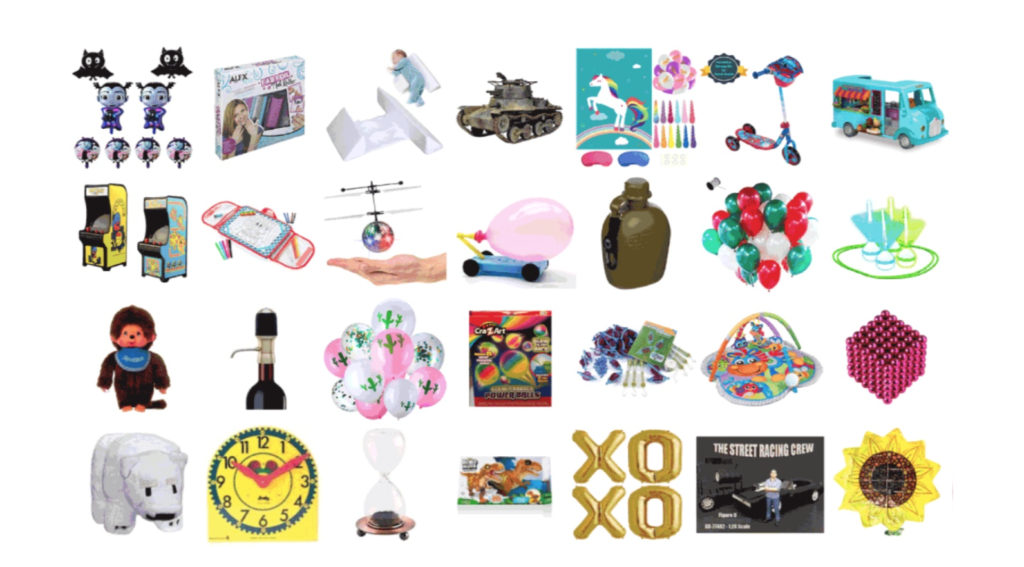“Amazon has ceded control of its site,” the Wall Street Journal declared on Friday. In a lengthy investigative report, the publication asserts that “just like tech companies that have struggled to tackle misinformation on their platforms, Amazon has proven unable or unwilling to effectively police third-party sellers on its site.” The result? In addition to a platform saturated with counterfeits, there are “thousands of banned, unsafe or mislabeled products” – ranging from nearly 100 different eyelash-growth products that were falsely listed as “FDA-approved” to sleeping mats the Food and Drug Administration warns can suffocate infants – in the mix, as well.
If the result is a sweeping expanse of problematic products, the problem stems from Amazon’s marketplace. In furtherance of its quest for super-sized, global growth, the Seattle-based giant – which maintained a 36.5 percent market share of online retail as of 2018, the same year that it became the second company to ever reach a $1 trillion market cap, following Apple – has taken to relying enormously on its marketplace, with its 2.5 million third-party sellers amounting to nearly 60% of all physical merchandise sales by Amazon.
With a steady supply of third-party products from third-party sellers, such as the nearly 15,000 listings for products identified by the WSJ to run afoul of Food and Drug Administration regulations, “many of them anonymous, many in China, some offering scant information,” according to the WSJ’s Alexandra Berzon, Shane Shifflett and Justin Scheck, Amazon regularly disclaims liability, asserting that it is not the seller, but instead, merely an intermediary.
“Amazon’s common legal defense in safety disputes over third-party sales is that it is not the seller and so, [it] can’t be responsible under state statutes that let consumers sue retailers,” per Berzon, Shifflett and Scheck. And for the most part, this has proven effective. That is, until last month when a 3-judge panel for the U.S. Court of Appeals for the Third Circuit Court of Appeals determined that Amazon is, in fact, liable for the damage caused by a defective dog leash purchased from a third-party on its marketplace in December 2014.
The court determined that despite the fact that the leash was “sourced and shipped by [a] third-party vendor … Amazon’s involvement in transactions extends beyond a mere editorial function; it plays a large role in the actual sales process.” The outcome in that case – which Amazon has contested – has been touted as standing to have a significant impact upon Amazon given that more than half of the products sold by Amazon each year come from third-parties.
With that in mind, the Third Circuit’s decision “could impose on Amazon greater responsibility” – and legal liability – over the products listed on its site by third-parties, whether they are defective dog leashes or improperly labeled eyelash serums.














